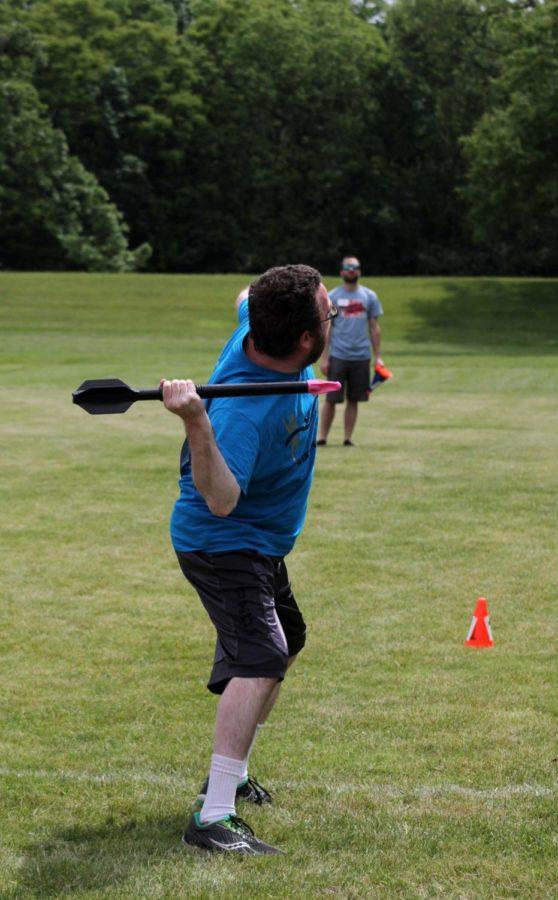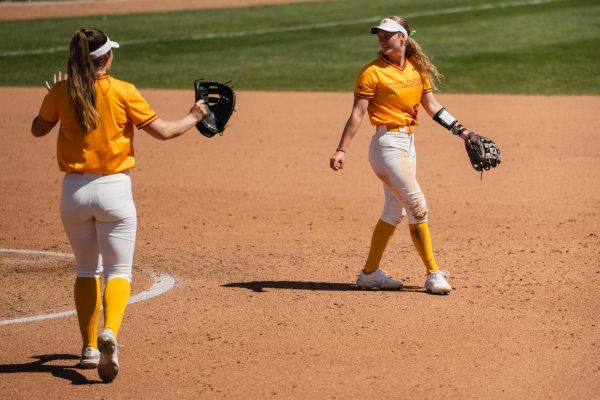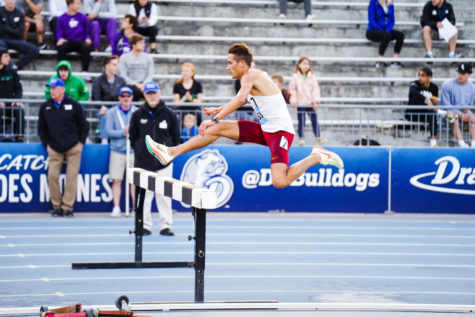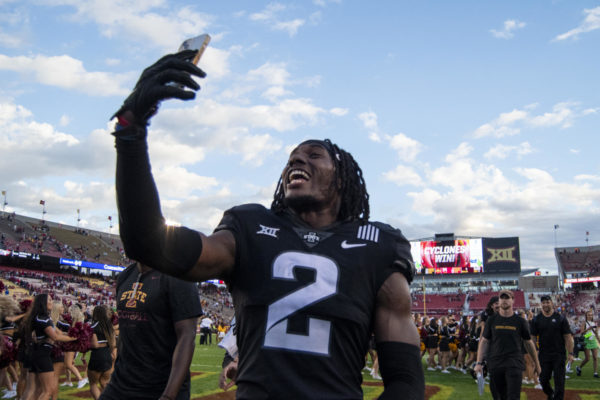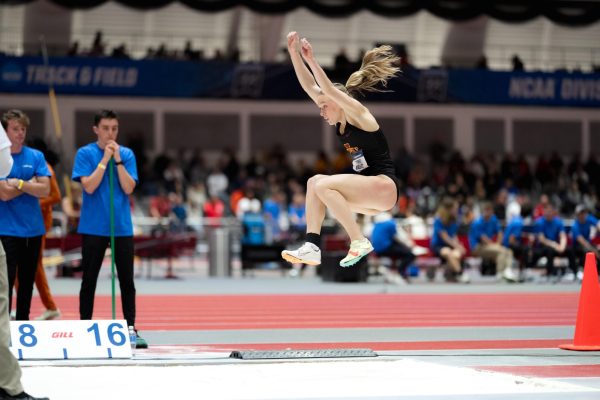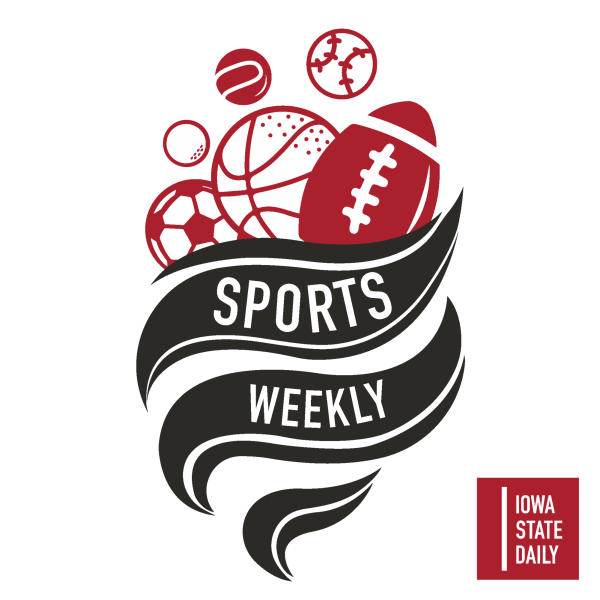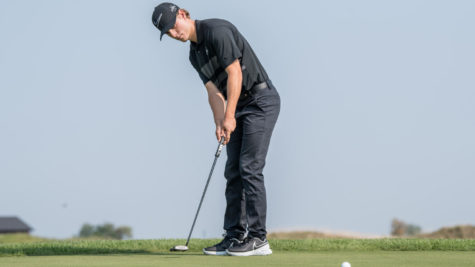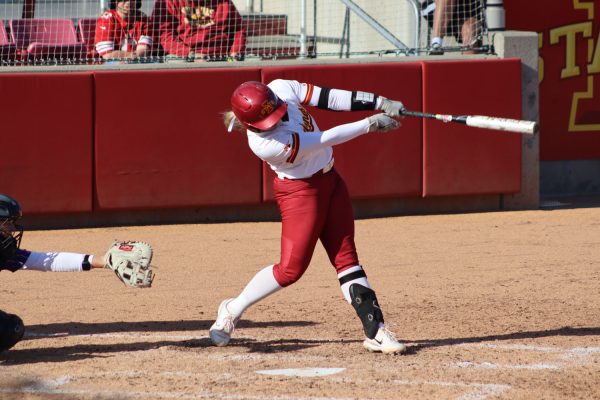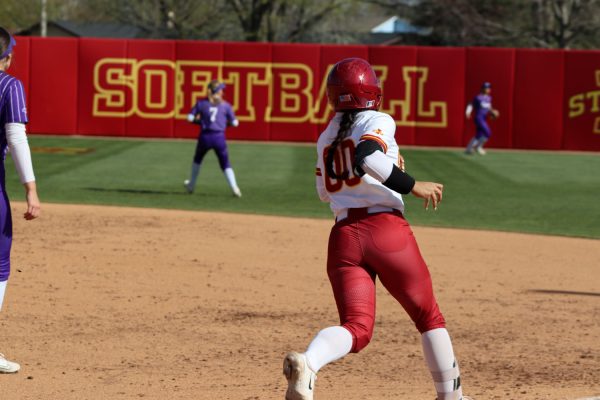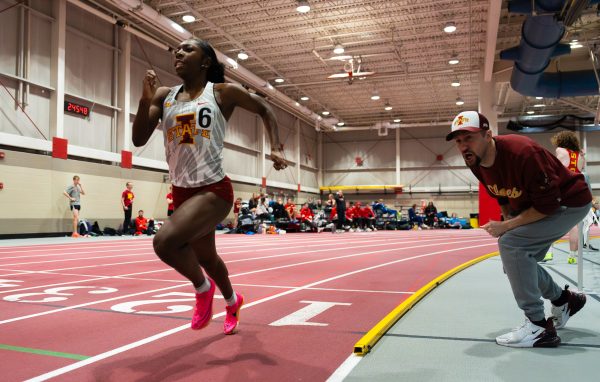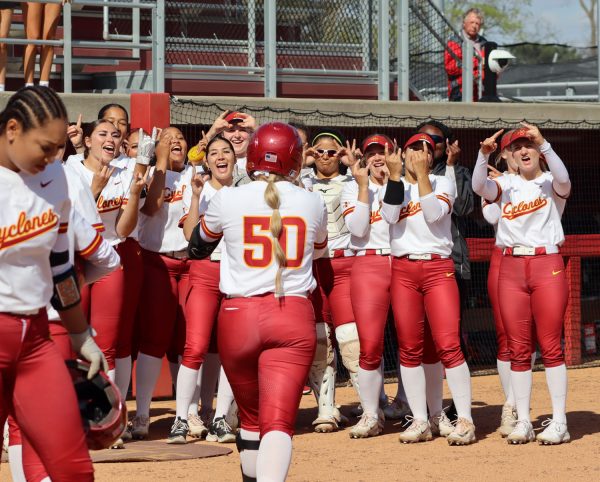Special Olympics day two: community in competition
May 26, 2017
With day two of the Special Olympics 33rd Summer Games wrapped up, one thing is extremely apparent; this is a community of close-knit friends.
Through the Special Olympics, Iowa has produced a statewide movement showcasing the human spirit and the importance of health and education. It also provides the athletes a network of life-long friends that are forged through competition, training and fun.
Rosemary Gordon, a coach for Sidney Special Olympics in Iowa, said, “[The athletes] love being around other kids, getting to do the things they never got to do.”
The statewide program converging at the center of Iowa State is a massive opportunity to meet other people fighting inactivity and other hurdles in life. Athletes are able to connect with one another and experience the communal satisfaction of competing.
When they can’t see their friends across the state, they still get plenty of time with the coaches. While at home many participate in weekly activities with coaches that range from football to softball and from track to swimming, but all of which keeps them active and fosters a strong connection.
Jon Boots, an SOIA athlete said, “I like that my coaches are backing me up.” He proceeded to hug his coach, who helped him find some ice for an injury.
Aside from the community the athletes feel with one another, coaches and volunteers forge new friendships as well.
Volunteers are opened up to a whole new world of compassion and perseverance, allowing them to experience the joy that comes from the athlete’s success.
Coaches are often times active in the Special Olympics community for several years, long enough to see extreme development and growth with athletes.
This growth can come from their sport, their conflict resolution or their desire to open up. A growth in development is what drives coaches and volunteers to continue their important work.
“It is a rush, to see them compete, it is a joy when they accomplish what they have been working for,” said Jill Finell, a coach for Sidney Special Olympics.
As you stand among the athletes and coaches there is an air of fulfillment throughout the facility. People supporting one another regardless of the team they compete for and regardless of how long they have known each other, there is something about competition that instills joy in people.
“I am proud to compete, whatever I get I am proud,” said Zach Heinze, an athlete competing in the relay race. “There is good competition, good sportsmanship and poor sportsmanship.”
His friend Rick Johnson, an athlete competing in shot put, explained how it feels to have the opportunity to compete. “Awesome, really nice. I always say at least we get to come, whatever we get.”
Most athletes compete in multiple events throughout the day, and in their down time they can be seen mingling and relaxing with their team and their competitors.
The coaches explain how they often see the most bonding during the sports and practices, and the happiest moments in the down time between.
Katie Huff, a coach for Keller Special Olympics, said, “The biggest part is helping [athletes] stay healthy and active, most of my athletes are in three or four sports.”
At the end of the day, coaches and athletes alike receive many opportunities for personal growth, along with the ability to meet and understand new people. The Special Olympics Summer Games will continue annually, allowing years of joy to come, producing strong bonds and building confidence throughout the state.

